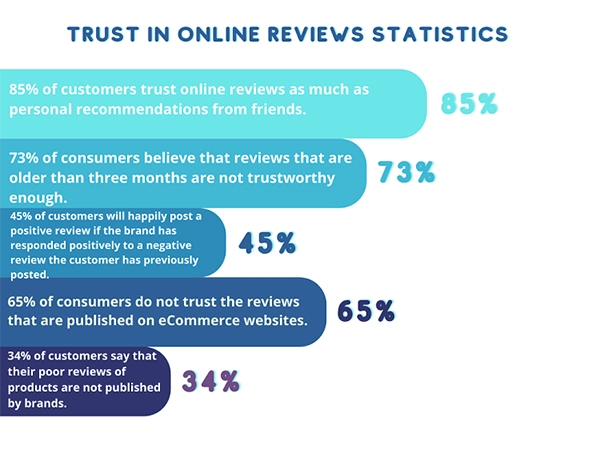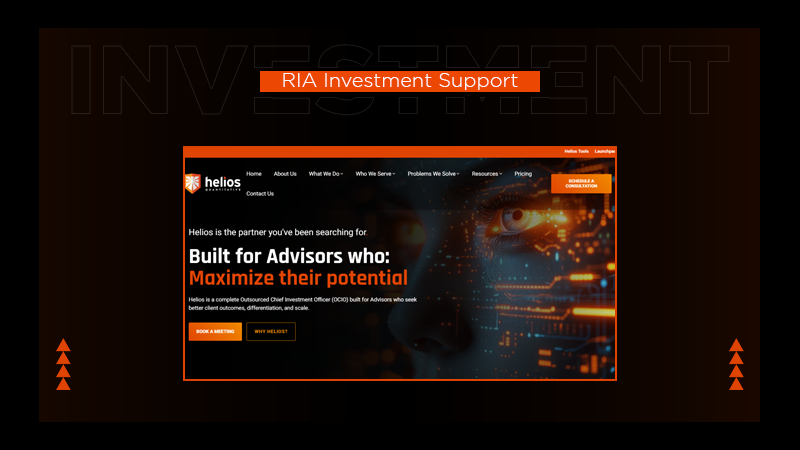Allow me to ask you a question, if you happened to be an investor or advisor would you go to a firm with a bad reputation in the market? I’m not sure about you, but I wouldn’t want to go to a badly reputed business because it would cost me my reputation.
But why is financial reputation so important? To answer this, I would like to tell you about a quote by Elizabeth Arden, which says “Repetition makes reputation, and reputation makes customers”. It should’ve made it clear why reputation is important.
In this article, I will talk about why financial reputation is important, management is important for investors and advisors, and strategies to make it better, so stick around till the end.
Why Financial Reputation Management Matters and How It Works
Financial reputation management is all about protecting and building trust in the financial world. In an environment where client feedback can shape how a brand is seen, it’s important to stay on top of audits, monitor reviews, and be prepared for risks like data breaches or cyber threats.
This is especially crucial in finance, where trust is everything. By actively managing their reputation, financial professionals can attract new clients and investors while protecting against negative publicity.
Engaging with client feedback, being transparent, and staying aware of public perception all help create a solid and trustworthy image, turning reputation into a valuable asset that fosters loyalty and draws in new opportunities.
How Can Financial Reputation Management Benefit Investors?
Financial reputation management is about building trust and transparency between financial advisors, institutions, and clients. In a field where trust is everything, good reputation management helps investors find advisors they can rely on, lowering the risk of poor decisions.
Advisors who communicate openly and offer tools like client portals and regular updates make it easier for clients to stay informed and confident. By keeping a positive online presence and gathering honest feedback, advisors give potential investors a clearer picture of their credibility.
On top of that, active reputation management helps protect client investments by reducing risks like data breaches. Altogether, these efforts foster stronger relationships and create a more trustworthy environment, allowing investors to make well-informed financial choices.
How Can Financial Reputation Management Benefit Advisors?
Financial reputation management can be a game-changer for financial advisors. It can help them build a personal brand and attract the right clients, especially in competitive markets.
Today, having a solid reputation sets advisors apart and boosts their credibility. By focusing on managing their reputation, advisors can share client testimonials, post valuable insights, and show the value they bring. This is especially important because clients often look up advisors online before making decisions.
A good reputation also helps advisors attract high-value clients by showcasing their successes and staying active online. Keeping profiles up-to-date, encouraging feedback, and responding to reviews all play a big part in creating a trustworthy image that draws in new clients and builds lasting relationships.
With effective reputation management, advisors can build a strong foundation supporting their growth and success.
What Are the Strategies for Effective Financial Reputation Management?
Here are the five best strategies that you could follow to manage your financial reputation:
Maintain a Positive Online Presence:
Nowadays online presence plays a vital role in reputation. The better you are doing online, the more people get attracted to you and help you grow. Make engaging blog posts, webinars, and videos.
This would help you attract clients, and a great online presence also helps strengthen loyalty. In the statistics below, you can see how online reviews affect trust.

Provide Excellent Customer Service:
No matter what type of business you are doing or what service is providing, if you have good customer service, you can overcome any hurdles. If your customers remain satisfied with you in time of your need, they’ll be the first ones to step forward. Provide high-quality customer service to make your clients happy.
Be Transparent and Honest:
You never have to lie to the investors or advisors. Transparency will help you build trust and strengthen your relationship, that’s why be upfront about all the potential risks but also mention the rewards that they’ll get for trusting you.
Monitor and Respond to Reviews:
Your response matters, so if you receive messages from your clients or investors, be quick to reply and be mindful while doing so. Be confident yet polite, thankful, and show appreciation. Such a response always helps you win over others’ minds and hearts.
Collaborate with Reputable Partners:
Collaborating with high-end, reputable partners is a must as it increases your market value and reputation. So try to find such partners.
FUN FACT
The stock market concept is 400 years old, and started in 1602 in the Netherlands!
Conclusion
If you apply these strategies, they would without a doubt maintain your reputation and help in attracting potential advisors and investors. Look, a good reputation is necessary without it, you won’t be able to create trustable relationships and long-lasting partners.
Always pay good attention to it because in the long run, these relationships will help you a lot and without them, you would slowly start to go into debt. But this is fully avoidable, right? You just have to take some steps.





